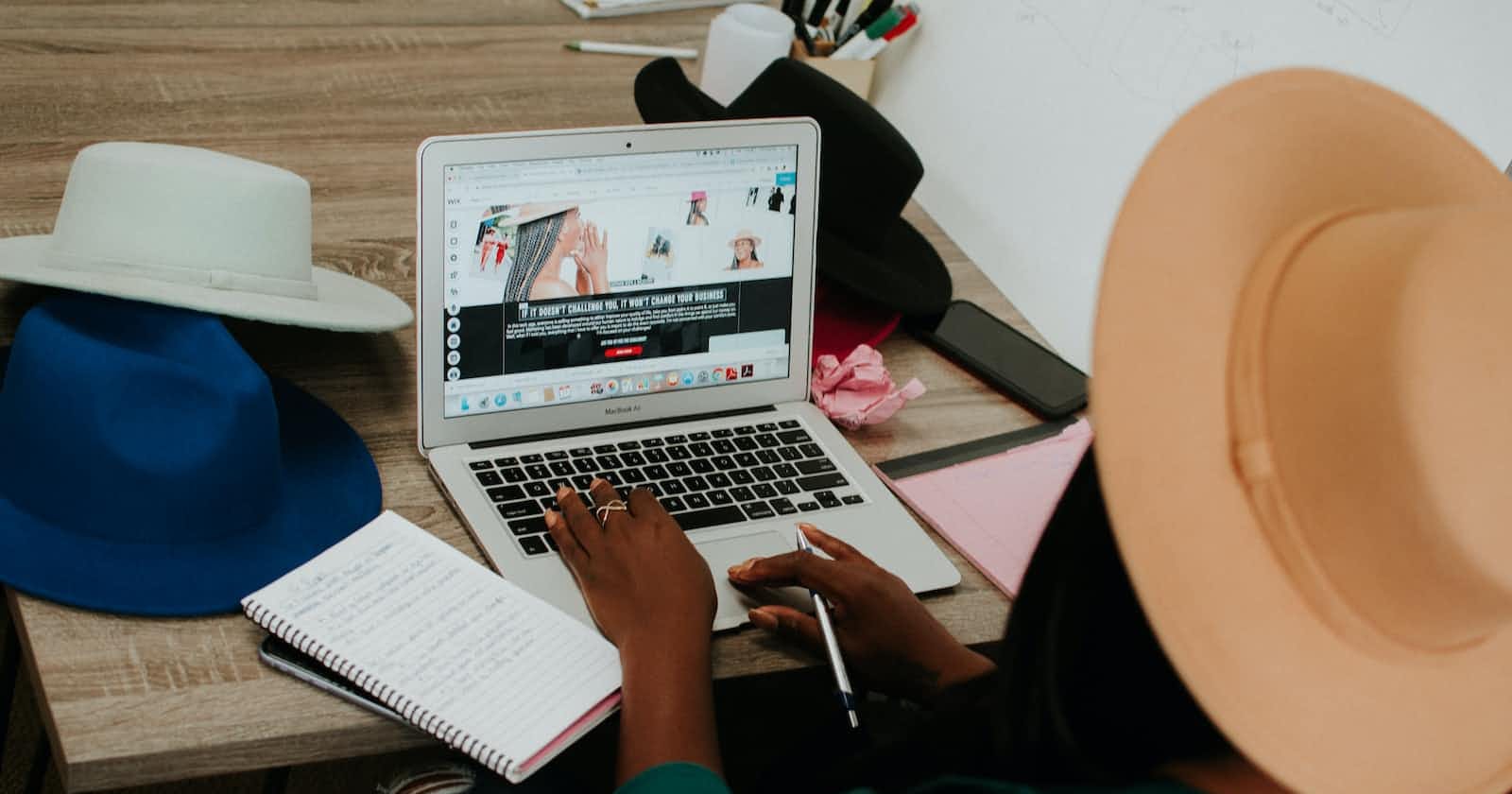
Photo by Brandy Kennedy on Unsplash
How I Made Over $20K Freelancing as a Software Engineer, Agronomist, and Technical Writer
If you're thinking about freelancing or have recently started, you're not alone. Freelancing is an increasingly popular way to work and live on your terms. However, it can be tough to get started and build a successful career. In this article, I'll share my journey as a freelancer and the strategies that have helped me secure over $20K in freelance work in just a few months.
Combining Skills to Create a Unique Value Proposition
When starting out as a freelancer, it's essential to focus on your skills and what sets you apart. In my case, I combined my skills in software engineering, agronomy, and technical writing to create a unique value proposition for clients. This helped me differentiate myself from other freelancers and target clients who valued my expertise.
Leveraging Online Platforms
To find clients, I leveraged online platforms like Upwork, relied on word-of-mouth referrals from satisfied customers, and posted my work on social media platforms like TikTok, Twitter, and Instagram. Sharing my work and expertise on these platforms helped to build my reputation and attract new clients. By consistently sharing your work and engaging with your audience, you can build a solid online presence and establish yourself as a thought leader in your industry.
Focusing on a Niche
In addition to sharing my work online, I decided to focus on the ag/tech industry, where my background in agronomy and technical writing gave me a competitive advantage. This helped me to differentiate myself from other freelancers and target clients who valued my expertise.
Creating an LLC
Creating an LLC can give your freelance business a professional image and help you to win larger contracts with established companies. To create an LLC in your state, you can visit your Secretary of State's website or search for resources on the Small Business Administration (SBA) website.
Crafting Strong Proposals
When pitching on Upwork, I wrote robust and to-the-point cover letters that highlighted my work and demonstrated my ability to solve problems for potential clients. By focusing on the client's needs and showing how I could provide value, I could win contracts and build long-term relationships with clients.
Asking Good Questions
It's also important to ask good questions when working with clients to ensure that you understand exactly what they want and need. Asking for examples of websites, apps, or copy that they liked can help you to get a better sense of their style and preferences and can help guide your work.
Staying Connected Locally and Online
While online platforms were great for finding clients, I also tried to network locally. I joined my local rotary, farm bureau, and other professional associations to meet potential clients and collaborators. I also attended virtual meetups, Twitter spaces, and TikTok lives to connect with other professionals in my niche.
Learning from Others
In addition to these resources, I also turned to YouTube, TikTok, and Reddit to learn more about freelancing and gain insights from others in the industry. Watching videos and reading posts from experienced freelancers helped me better to understand the ins and outs of the freelance world and gave me valuable tips and tricks for success.
Taking Action
The thing that stops so many people from freelancing successfully is they don't try. You can't be afraid of sucking or failing. You will mess up, and stuff will not go right. That is okay and expected. If you don't try, you'll never know. I hope this article encourages you to go and try something with your freelancing efforts. Even if it's small.
In summary, combining skills, leveraging online platforms, creating an LLC, networking locally, and highlighting skills without resorting to hard-selling tactics were critical to my success as a freelancer. Seeking out information and support from multiple sources, such as online resources and mentors, can also be incredibly helpful.
One important aspect of working with clients is asking the right questions to understand their needs and preferences. It's also crucial to check in with clients regularly and establish clear expectations through contracts and online invoicing platforms.
If you're thinking about freelancing, don't be afraid to try. Failure is part of the process, but it's important to learn from your mistakes and keep pushing forward. With the right mindset and approach, freelancing can be a fulfilling and lucrative career choice.
